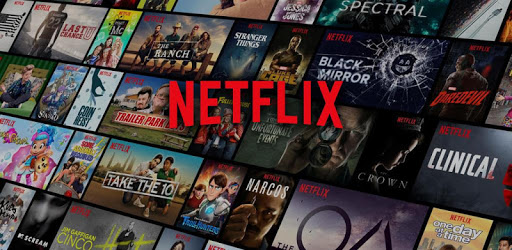Netflix Proves Regulators Can’t Predict Digital Market, Public-Interest Lawyers Say
Washington Law Foundation tells agencies why their remaking of digital guidelines is a bad idea

The smarter way to stay on top of the multichannel video marketplace. Sign up below.
You are now subscribed
Your newsletter sign-up was successful
Public-interest lawyers used Netflix’s rise in the video distribution business to argue that the Department of Justice and Federal Trade Commission are particularly bad at predicting the future of digital markets.
Both agencies are seeking input on whether they need to readjust merger guidelines to reflect the rise of Big Tech giants they suggest have bought up to monopoly -- such as Facebook and Google -- by gobbling up potential competitors, including startups, before they were big enough to register on the antitrust radar.
The DOJ and the FTC divide up merger reviews.
Also: Democrats Look to Block, Unwind Big Tech Mergers
In its comments to the FTC, the Washington Legal Foundation, representing public-interest lawyers, did not hide its disdain for both agencies in suggesting they should leave antitrust merger guidelines alone.
“The FTC and DOJ think that they can predict the evolution of digital markets,” WLF told the FTC to its regulatory face, as it were. “This is pure hubris that conflicts with reality and misunderstands how digital markets work. History also shows that the FTC and DOJ have no clue how digital markets will change. What once looked like a monopolist who should be barred from merging with any competitor may file for bankruptcy only five years later.”
To make its point, WLF pointed out that the FTC in 2005 sued Blockbuster to block its purchase of Hollywood Entertainment because it would have given the video-store chain too much market power. Enter Netflix’s announcement two years later that it would stream movies so folks no longer had to trek to the video store or worry about all the copies being snatched up before they got there.
The smarter way to stay on top of the multichannel video marketplace. Sign up below.
Five years later, Blockbuster filed for bankruptcy. “It’s impossible to predict what will happen in the digital market,” WLF said in the filing. “If it were possible to envision Netflix’s emergence, the FTC would not have sought to decrease competition by ensuring Blockbuster’s demise. But that is what happened because the FTC is lousy at predicting future market share.” ■
Contributing editor John Eggerton has been an editor and/or writer on media regulation, legislation and policy for over four decades, including covering the FCC, FTC, Congress, the major media trade associations, and the federal courts. In addition to Multichannel News and Broadcasting + Cable, his work has appeared in Radio World, TV Technology, TV Fax, This Week in Consumer Electronics, Variety and the Encyclopedia Britannica.

